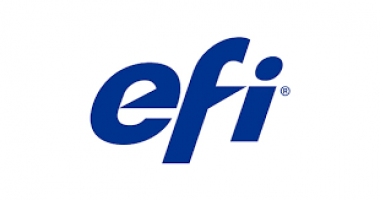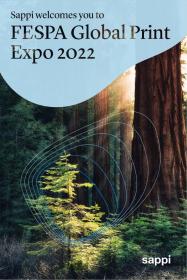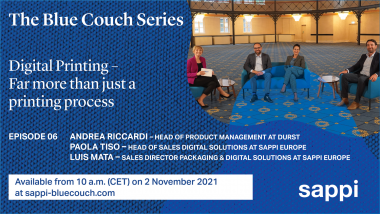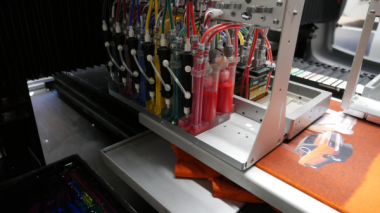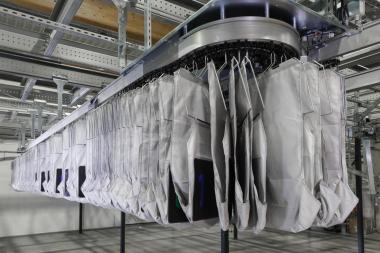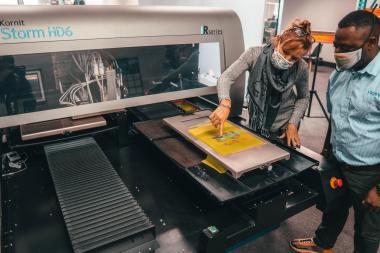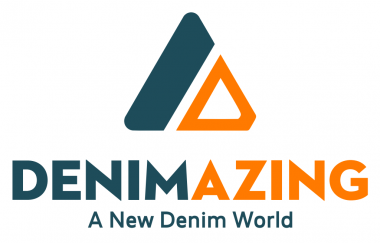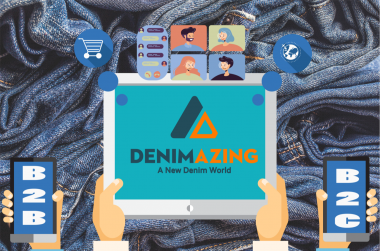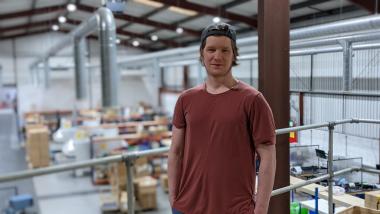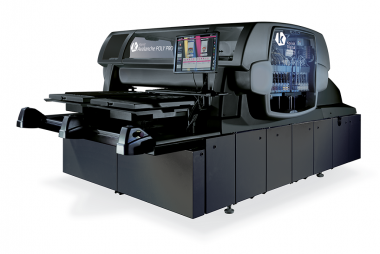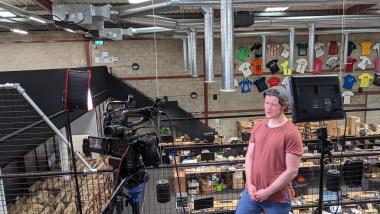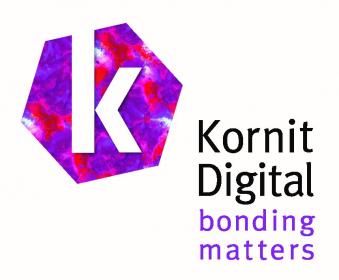EFI Fiery acquires Provider of Production and Design Workflow Software
Fiery®, the digital front end (DFE) and workflow business of EFI, announced that it has acquired CADlink® Technology Corp., a software company that delivers solutions for the high growth areas of digital direct-to-garment (DTG) and direct-to-film (DTF) printing; digital cutting and engraving; digital wide-format print; and vehicle wraps. CADlink’s products address increasingly important customer needs for customization and personalization, and for reducing the time spent moving work from design to production.
CADlink is a global software company that serves markets that require unique workflows involving different types of production devices. CADlink’s products are recognized leaders in design, RIP and workflow technology, and are sold globally to customers through OEM partners and an extensive network of resellers. CADlink’s products, partners and channels are a natural complement to what the Fiery business delivers for its global commercial, display graphics and industrial printing customer base.
The CADlink software portfolio includes proven, advanced solutions that support the development and growth of e-commerce for custom-manufactured products.
“Becoming part of the EFI Fiery business will extend the geographic reach for our products and enhance our ability to support and drive greater value to customers and partners worldwide,” said CADlink Co-founder and CEO Gordon Reynen.
EFI


